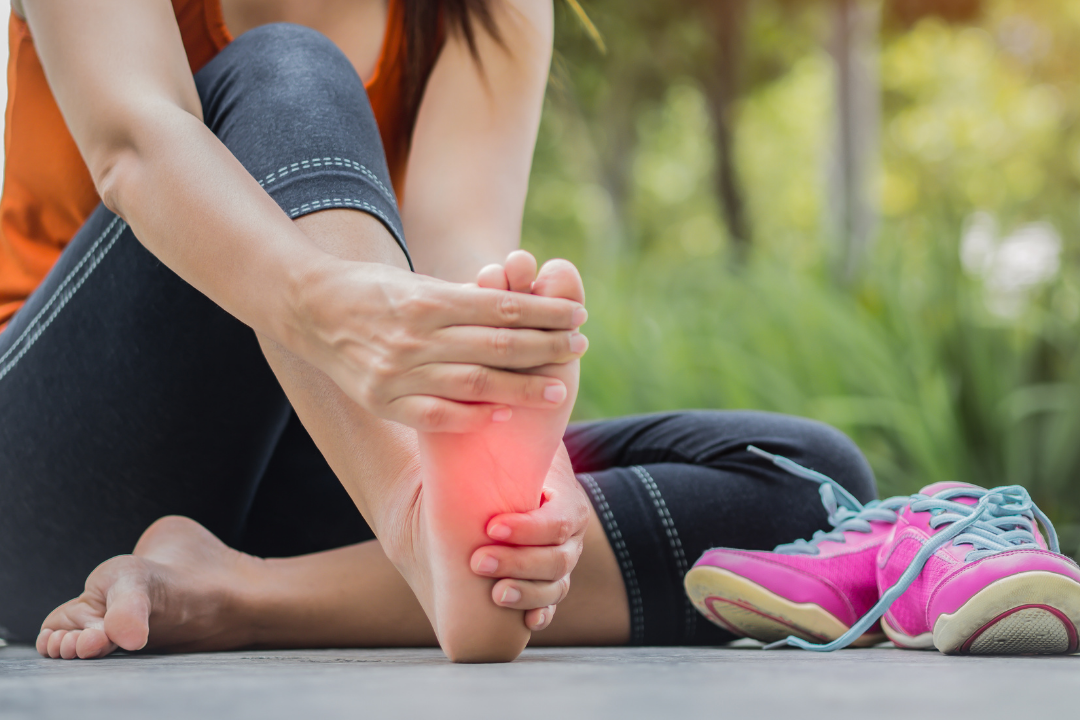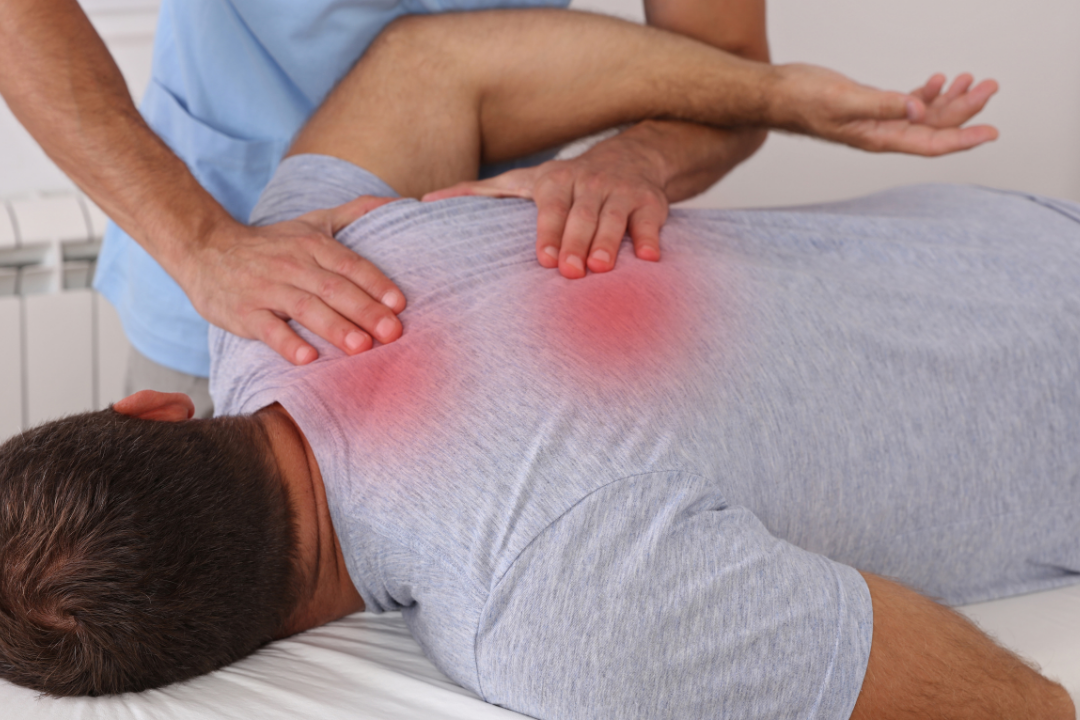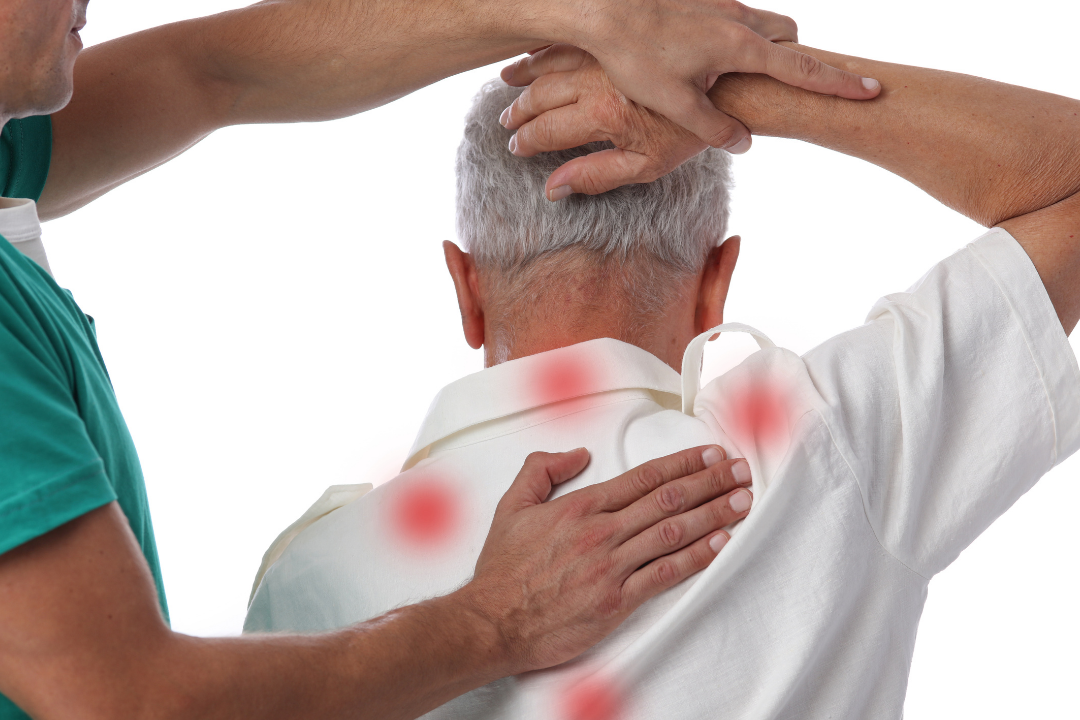Chiropractic Blog
ChiroUp’s weekly chiropractic blog contains clinical information needed to stay up-to-date on the latest chiropractic research.
Enter the following information to subscribe!
Looking for something specific? Search the blogs below.
Self-Care: It Makes Cents
The goal of every chiropractor should be to treat every patient for LIFE—just not for the same diagnosis! Every patient should feel safe and confident in your care to solve any problems as they arise throughout their lifetime. Some diagnoses require in-office care, while others may respond to the right self-directed changes at home or work. Check out this week’s blog on how to incorporate a “Self-Care Only” option into your next treatment plan.
Top Tests for an Accurate Rotator Cuff Diagnosis
New research in the Journal of Shoulder and Elbow Surgery has highlighted the most accurate tests for diagnosing rotator cuff pathology. Watch the ChiroUp docs show you how to incorporate these most useful tests into a quick and precise best-practice shoulder evaluation that answers these four essential questions.
9 Ideas to Solve Plantar Foot Pain Fast
This week's video blog covers 9 reasons patients suffer from ongoing plantar fascia-mediated pain. (HINT: It's often not Plantar Fasciitis!) Then, I will give you the exercises, stretches, treatments, and patient education materials to help you solve these sometimes tricky cases.
5 Trigger Point Chiropractic Treatment Mistakes to Avoid
This week’s blog reviews our top five missteps when treating the most common musculoskeletal symptom; Including a quick step-by-step video tutorial of the most overlooked trigger points, as outlined by ChiroUp advisor and mentor Dr. Tom Hyde.You really won’t want to miss #3!
2 Potent (and Overlooked) Headaches Tools
A 2021 Delphi study of international experts identified two treatments with proven effectiveness for headaches and migraines. ChiroUp will show you how to perform these techniques and quickly distribute the essential information to your patients.The best treatments, every patient, every time!
10 Key Differences Between Trigger Points and Fibromyalgia
As any chiropractor can attest, muscular tenderness is likely the most common objective finding in clinical practice. Estimates suggest that more than 9 of 10 musculoskeletal presentations will harbor myofascial trigger points, aka myofascial pain syndrome. However, a small percentage of our patients experience more widespread palpatory tenderness, which can suggest fibromyalgia.
The 3 Most Important Clinical Questions in Practice
"If you can't explain it simply, then you don't understand it well enough"This statement exemplifies our primary challenge in knowledge translation for patient care. Patient compliance is directly related to the understanding and SIMPLICITY of the solution you provide. Check out this week’s blog for our three most potent questions that simplify patient education, in-office treatment, and at-home rehabilitation.
Top Tips for Meralgia Paresthetica
Meralgia paresthetica is a painful compressive neuropathy of the lateral femoral cutaneous nerve (LFCN), causing burning pain and paresthesia in the anterolateral thigh. This elusive diagnosis can cause significant frustration for patients and providers.Fortunately, the correct conservative care recipe can resolve more than 9 out of 10 cases. Check out this week’s blog for our top tips on differentiating meralgia paresthetica from L3-4 radiculopathy, plus video demonstrations of the essential treatments, exercises, and nerve glides.
3 Simple Nerve Flossing Exercises to Help Resolve Arm Pain
Last month, the ChiroUp blog detailed how adding one very simple nerve flossing maneuver could significantly decrease pain in shoulder impingement patients- by nearly two VAS points! In response to requests for additional neurodynamic tutorials, this week’s blog reviews the three most useful upper extremity neurodynamic assessment and management techniques.Implementing these quick and simple techniques can dramatically impact your clinical outcomes and patient satisfaction.
ChiroUp’s Disability Surveys For Chiropractors
Mobile-friendly outcomes assessment questionnaires are here! Today you will see a glimpse into where ChiroUp is going - mobile technology designed to make you and your patients’ lives easier.
(Video) Nerve Mobilization Technique for Rotator Cuff Impingement
Earlier this month, BMC Musculoskeletal Disorders concluded that shoulder impingement syndrome patients showed a dramatic decrease in symptoms after applying one specific Neuromobilization Technique...Check out this week’s blog for a 2-minute video tutorial on the WHY, WHEN, and HOW of this simple yet promising tool.
Top 10 Game-Changing Clinical Pearls From 2020
Clinical success requires staying on top of the latest research.Your ChiroUp research team has reviewed thousands of new articles in 2020, and today, our docs are highlighting the top 10 findings that you can apply. Use these findings to take your clinical outcomes and practice viability to the next level in 2021.
Three Concepts Every Chiropractor Should Know About Chronic Pain
How confident are you with managing chronic pain? Here are three concepts that will help you say ‘goodbye’ to uncertainty.This week's blog covers a brief synopsis of new strategies for old complaints accessed from ChiroUp's 101st protocol: Chronic Pain.
Chiropractors: What Would You Do? (Watch Video)
If you’ve ever worked with a personal injury case, you know that at times it can be... demanding… In this week’s blog, I want to lay out a scenario and ask you the question: what would you do?Read it to see my experience with navigating patient care, long term expectations, and lawyer expectations after a traumatic injury without structural abnormalities…
Chiropractic Evaluation: Carpal Tunnel vs. Pronator Teres
We recently reviewed a study that found that “paresthesia in a median nerve distribution with nocturnal awakening” was 77% sensitive for the diagnosis of CTS... So where do the other 23% of cases arise?This week’s chiropractic clinical blog supplies a quick yet potent review of the work-up for this other common presentation. Watch the blog for best practices that you can apply today.
Clinical Efficiency: Franciso Gonzolas Espinosa de los Monteros
Evidence-based chiropractors accurately and quickly diagnose patients. If the diagnosis is incorrect—clinical outcomes falter. If the examination is lengthy—practice growth stagnates. However, asking the ideal questions and performing the most sensitive tests improves diagnostic accuracy and speeds up your initial evaluation. These two components lead to greater patient satisfaction and practice growth. In this quick video with Brandon and Tim, learn how emerging research may speed up your initial evaluation and lead to the correct diagnosis in the case of lumbar radiculopathy.
Increasing Ankle Dorsiflexion is as easy as 1,2,3 (Watch Video)
Alright, I have a trivia question for you. Do you know the MOST common reason people suffer from limited ankle motion?Answer: Past surgery or injury.Simple inversion ankle sprains may result in a loss of ANKLE DORSIFLEXION. Which is exactly what we are diving into in this week’s blog. Give it a read for the two recommended exercises you can prescribe to help improve ankle ROM and limit future problems.
Top 5 Tips for Managing Chronic Pain (Watch Video)
How familiar are you with the differences of managing acute vs. chronic pain? Unless you said you’re 100% confident, check out this week’s blog to say ‘goodbye’ to uncertainty. This week’s blog covers a brief synopsis of new strategies for old complaints that can be accessed in ChiroUp’s 101st protocol: Chronic Pain.
3 Questions That Create Compliant Patients In Your Practice
Patients retain about 5% of what we say during their first office visit. How do you think your patient compliance compares? In this week’s blog, we’re sharing the top 3 questions that you can ask to help create more compliant patients in your practice. Read the blog to see what they are.
Discs and Sciatica: When to Treat and When to Refer
A new study has identified four diagnostic clues that can help differentiate chemical/ inflammatory vs. mechanical/compressive pain for disc herniation and radiculopathy patients. Check out this blog to review those tips and a new clinical pearls video that you won’t want to miss.




















